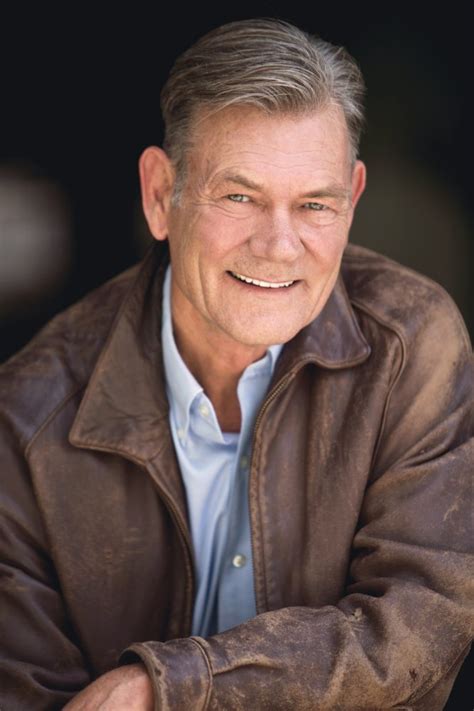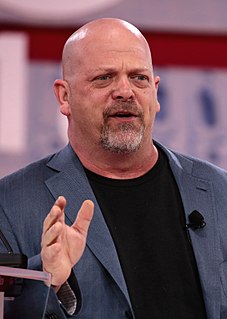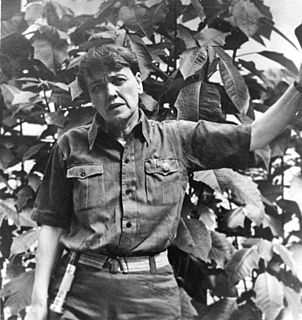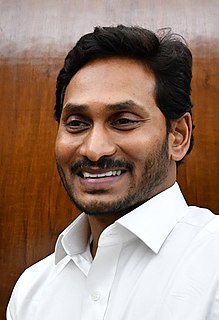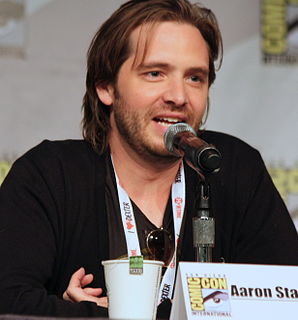A Quote by Costa-Gavras
We saw what happens with Bolsheviks. It was another catastrophe. I don't have the solution. The moviemaker can ask questions but not give solutions.
Quote Topics
Related Quotes
When people ask me what philosophy is, I say philosophy is what you do when
you don't know what the right questions are yet. Once you get the questions
right, then you go answer them, and that's typically not philosophy, that's
one science or another. Anywhere in life where you find that people aren't
quite sure what the right questions to ask are, what they're doing, then,
is philosophy.
All walls fall. Today, tomorrow or in 100 years, they will fall. It's not a solution. The wall isn't a solution. In this moment, Europe is in difficult, it's true. We have to be intelligent, and whoever comes...that migrant flow. It's not easy to find solutions, but with dialogue between nations they should be found. Walls are never solutions. But bridges are, always, always.
Perhaps I should say that in general there are three solutions to such a situation. I mean not only in Holland, but everywhere where there are minority groups: in America, in Vietnam with the Chinese. Everywhere there is the same problem. But there are fundamentally three, actually only two possible solutions. A possible solution is that the despised minority is able to establish its own state somewhere else. The other solution is a higher or lesser degree of assimilation. And the third possibility, which is not a solution at all, is the permanence of the tension and conflict over time.
If you don't put the spiritual and religious dimension into our political conversation, you won't be asking the really big and important question. If you don't bring in values and religion, you'll be asking superficial questions. What is life all about? What is our relationship to God? These are the important questions. What is our obligation to one another and community? If we don't ask those questions, the residual questions that we're asking aren't as interesting.




